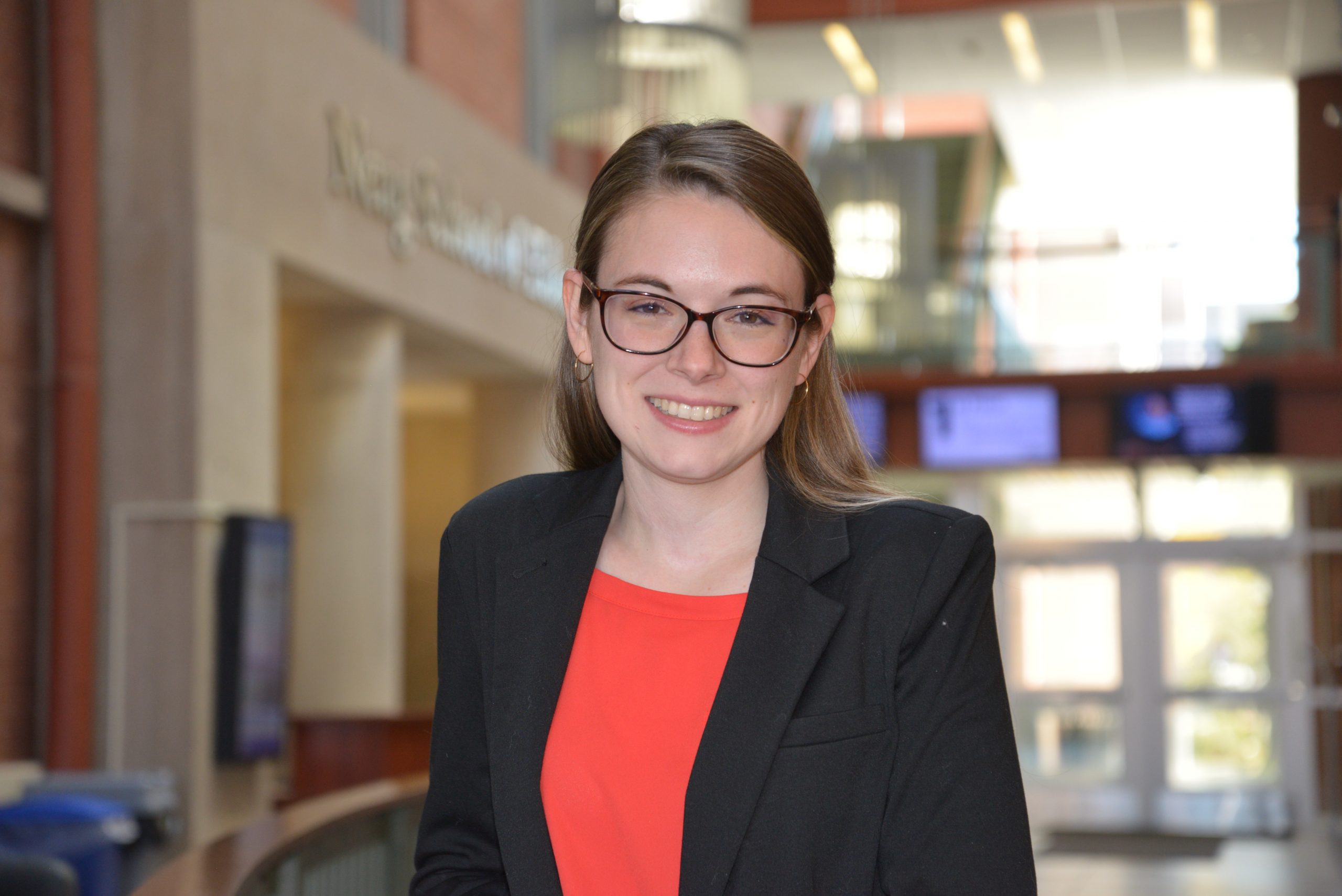Pursue a Ph.D. at UConn’s Neag School
There has never been a better time to pursue a Ph.D. in special education.
Immersion in research. Gain hands-on research experience working alongside special education faculty who are among the nation’s top experts in the field.
Career opportunities. Shape your professional future, whether conducting research at a major research university, influencing policy, or teaching the next generation of special educators.
Sought-after expertise. Acquire in-demand knowledge and skills in the most critical areas in special education including literacy, behavior supports, and transition.
National reputation. Join an outstanding special education program ranked consistently in the top 20 by U.S. News & World Report.
Funding for full-time students, including tuition and a generous stipend, are now available. Applications are accepted until Dec. 1.
Check Out Our Informational Webinar on the Special Education Ph.D. Program
Hosted by Devin Kearns, associate professor of special education, in the fall of 2019, this webinar is accessible at any time in mp4 format. Learn more about the Neag School’s special education doctoral program as well as numerous current opportunities for scholarship and fellowship support:
Get access to the archived webinar.
Overview of the Special Education Ph.D. Program
Ph.D. students in Special Education engage in a highly individualized program of study that includes coursework and applied competencies in four broad areas:
- Knowledge and Content
- Research and Scholarship
- University Teaching and Professional Development
- Service
Areas of Emphasis
Ph.D. students focus their studies in one of four primary areas of emphasis:
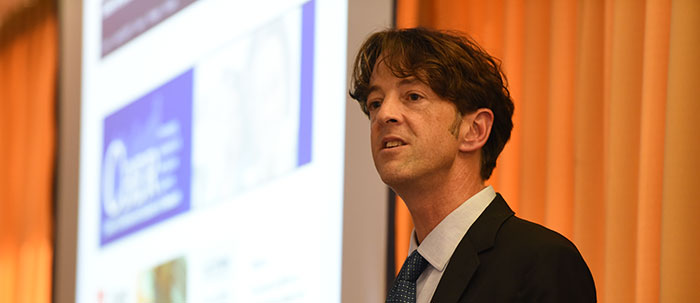
Literacy Supports (Reading & Writing)
Ph.D. students focusing on Literacy Supports collaborate with faculty on research and study related to theoretical perspectives of reading and writing development, designing and evaluating effective instruction and intervention for students experiencing literacy difficulties, and supporting school and state efforts to implement effective reading and writing practices
Affiliated faculty:
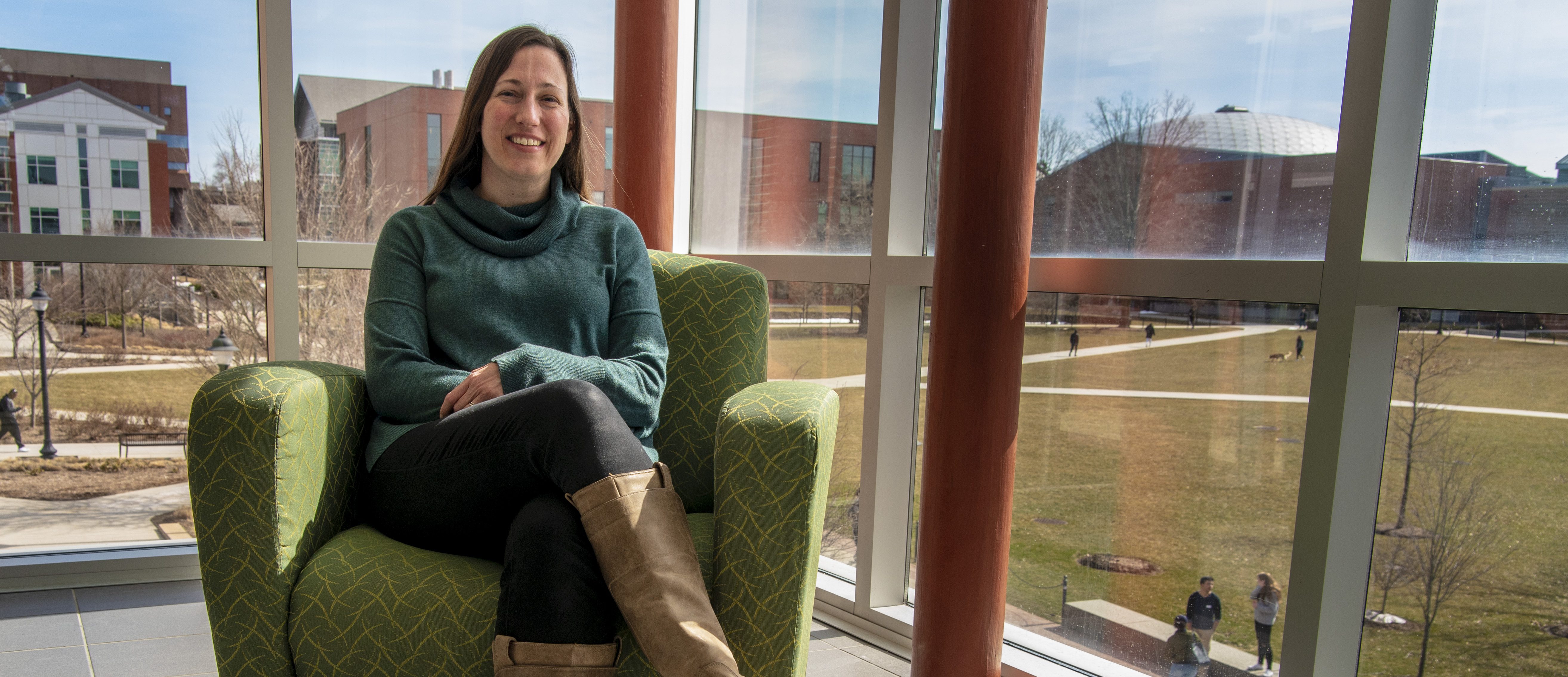
Positive Behavior Supports
Ph.D. students focusing on Positive Behavioral Interventions and Supports collaborate with faculty on research and study related to behavioral theory, designing and evaluating effective instruction and intervention for students experiencing behavioral difficulties, developing and implementing effective classroom management supports for teachers, and supporting school, state, and regional efforts to implement effective multi-tiered systems of support for behavior.
Affiliated faculty:
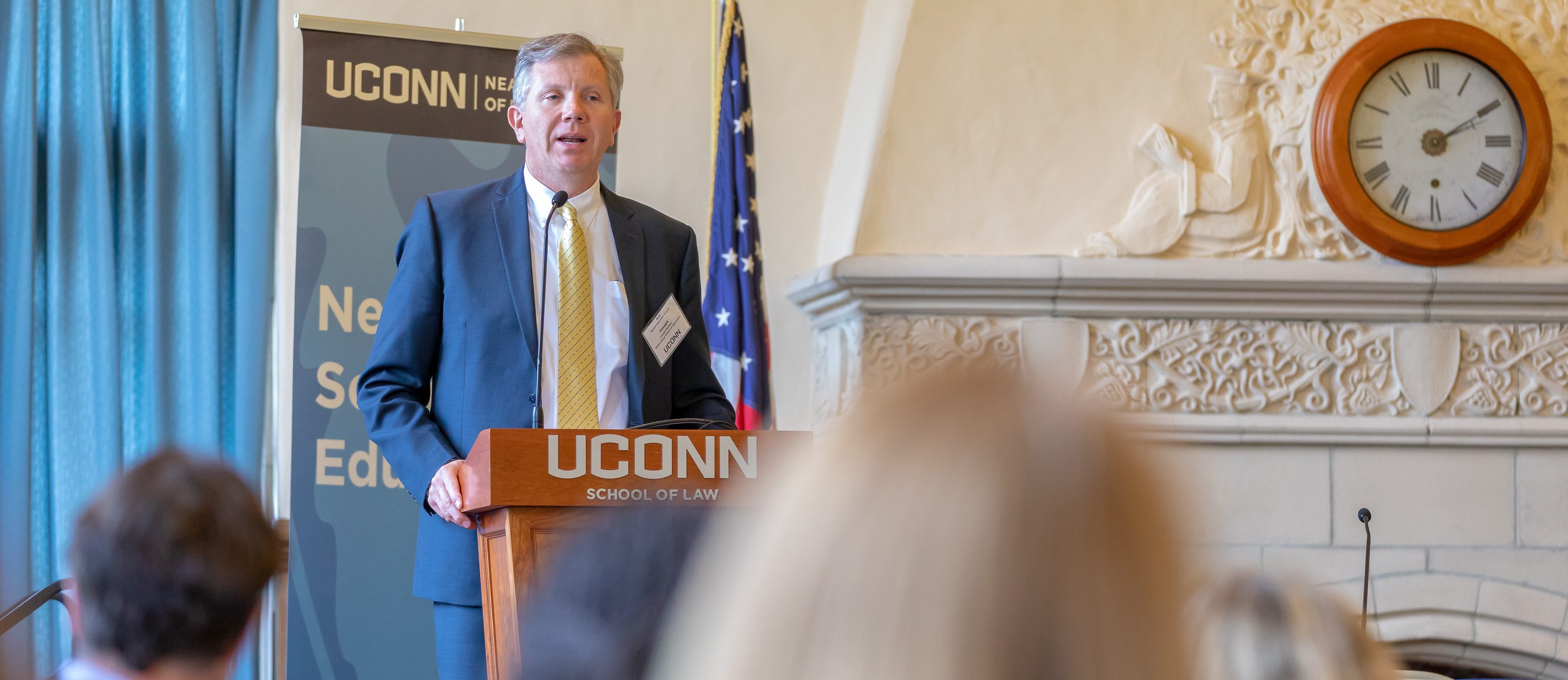
Postsecondary Transition
Ph.D. students focusing on Postsecondary Transition engage in research and practice related to effectively supporting students with disabilities in their transition to, and success in, post-secondary life. Coursework and research experiences emphasize collaboration between secondary schools and postsecondary institutions and between Offices for Students with Disabilities and other campus services. The program also emphasizes person- centered planning, self-determination, the legal aspects of postsecondary services and secondary transition, and assistive technology.
Affiliated faculty:
Fall 2025 Fellowship Opportunity
For students applying for Fall 2025 admission, UConn's Special Education Ph.D. program is participating in the ELEVATE Transition Doctoral Consortium Fellowship program, which is a fully funded doctoral program concentrated in special education secondary transition. Learn more below under Ph.D. Program Funding Opportunities.
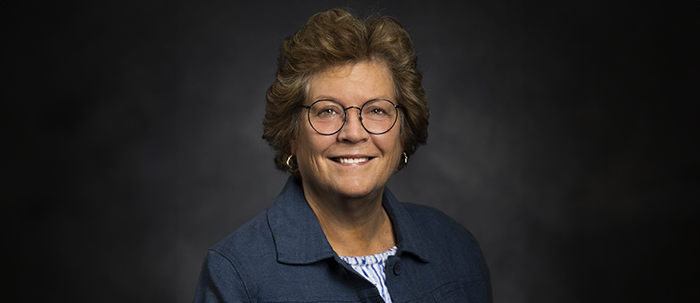
Early Childhood
Ph.D. students focusing on Early Childhood Intervention engage in study, research, and practice related to effectively supporting infants, toddlers and preschoolers with disabilities and their families. To this end, students participate in doctoral coursework, interdisciplinary seminars, supervised and individual research opportunities, individual mentorship, and internships in federally funded centers including the A.J. Pappanikou Center for Excellence in Developmental Disabilities Research, Education and Service (UCEDD). Areas of emphasis include personnel preparation, research, scholarship, policy application, and community engagement.
Affiliated faculty:
Our commitment to doctoral education is to inspire and prepare professionals in special education to create and broaden opportunities for individuals with disabilities. Students are encouraged to develop their interests in educating learners at risk across a wide range of disabilities incorporating a lifespan perspective. The Doctoral Program is designed to enhance independent thinking and leadership qualities through an individualized program embedded in a thorough knowledge of theory and the existing literature and culminating in active research to guide, direct, and inform the field.
Ph.D. Program Funding Opportunities
EPSY Scholars Program
For students applying to the Neag School’s Department of Educational Psychology’s Ph.D. programs, the department also offers the EPSY Scholars Program, which has the following goals:
- To provide a mechanism for students to engage in research work that will result in peer-reviewed publications for the student.
- To facilitate faculty opportunity to support and prepare high-achieving graduate students.
The selected EPSY Scholars will receive a 10-hour graduate assistantship from the Department of Educational Psychology for up to four years, contingent on satisfactory academic standing and consistent completion of program requirements (i.e., annual submission of a progress update and plan for committee review). This is paired with an additional 10-hour graduate assistantship (provided by the advisor or program), so all EPSY Scholars will be fully funded for at least four years. The EPSY Scholars Program is intended to be a competitive program that will support recruitment of nationally competitive Ph.D. students and will facilitate these students’ engagement with active scholarship during their program.
ELEVATE Transition Doctoral Consortium Fellowship
UConn's Special Education Ph.D. concentration is participating in the ELEVATE Transition Doctoral Consortium Fellowship program, which is a fully funded doctoral program concentrated in special education secondary transition. Six consortium partner institutions, including UConn, will help develop special education scholars with expertise in transition-related services and research, equipping them to train future educators in culturally responsive and sustaining practices to enhance outcomes for students with disabilities, especially those with high-intensity needs.
Interested in learning more about ELEVATE? Email Dr. Joe Madaus at joseph.madaus@uconn.edu.
ELEVATE Scholars will:
- complete an on-campus doctoral degree in 4 years of full-time study
- obtain a nationally recognized certificate in special education transition services
- build understanding of the field of study through research, service, teaching, and leadership
- file a service obligation agreement with the U.S. DOE acknowledging the requirement for scholars to work two years in the field of special education for every year of support (approximately eight years total).
Financial and Fellowship support includes:
- $30K or more annual stipend for four years (amount varies depending on university)
- Full tuition and fees covered
- Onboarding package: relocation funds, laptop, tech resources, and more
- Yearly travel and research funds
- Additional individualized financial supports
- Personalized mentorship and collaborative advising from leaders in the field across the consortium
- Research and publication opportunities
- Dissertation and job search resources
Fellowship requirements:
- 3.0 or above GPA
- GRE (optional)
- Master's degree preferred
- Teaching experience, or experience working with disabled students, preferred
Previous Funding of Current Students
How some of our current Ph.D. students receive funding:
Project NeXus II Doctoral Fellowship — Four years of full-time study with our nationally recognized faculty in the areas of literacy supports, positive behavior supports, or postsecondary transition through a new doctoral leadership grant funded by the U.S. Department of Education. Fellowships include tuition, a generous stipend, health and dental insurance, and funds for travel and research. The definition of “nexus” is a “means of connection.” Therefore, the goal of Project NeXus II is to serve as a means of connection between the most promising future scholars and the field of special education.
National Center for Leadership in Intensive Intervention Training Grant — The Neag School has received funding for four doctoral students with specific interest in intensive intervention.
Preparing Scholar Leaders to Study Interventions and Complex Systems Shaping the Lives and Outcomes of Students With Disabilities: A Special Education Leadership Preparation Program (Ps-LINC) — This leadership grant, in partnership with Boston University, will fund five doctoral students in special education with specific interest in education policy, mental health services, and related areas affecting schoolchildren with disabilities.
Learn More
- Email a special education faculty member (see areas of emphasis and faculty member names above)
- Visit the how to apply page and the UConn Financial Aid website.
- Review the Ph.D. Handbook
